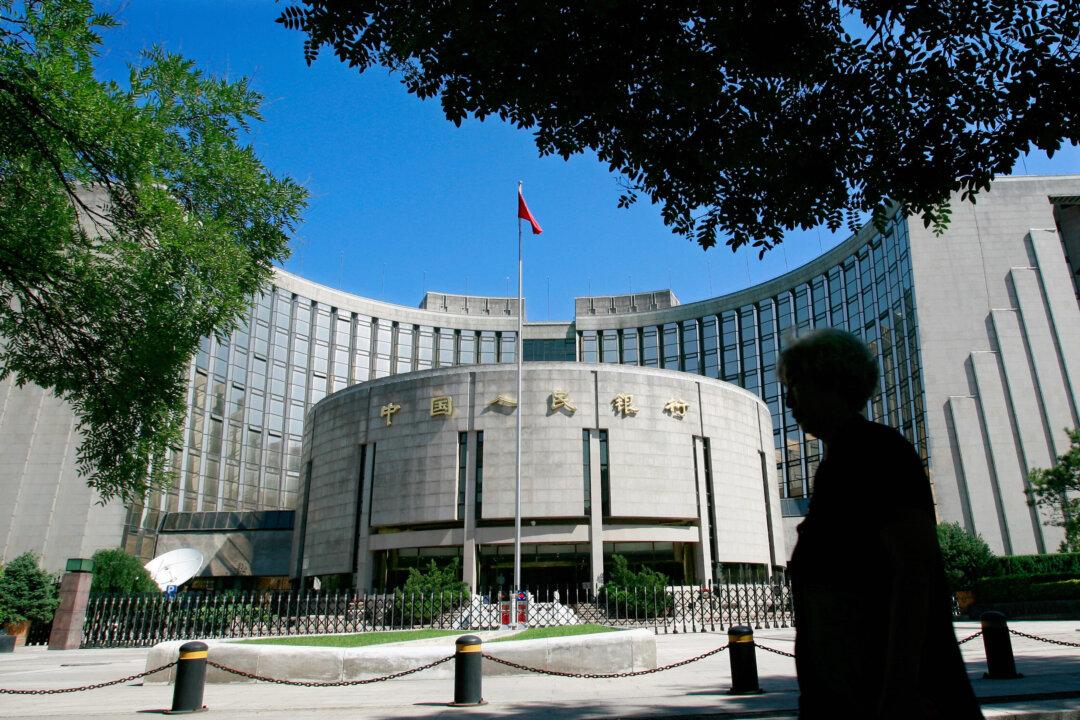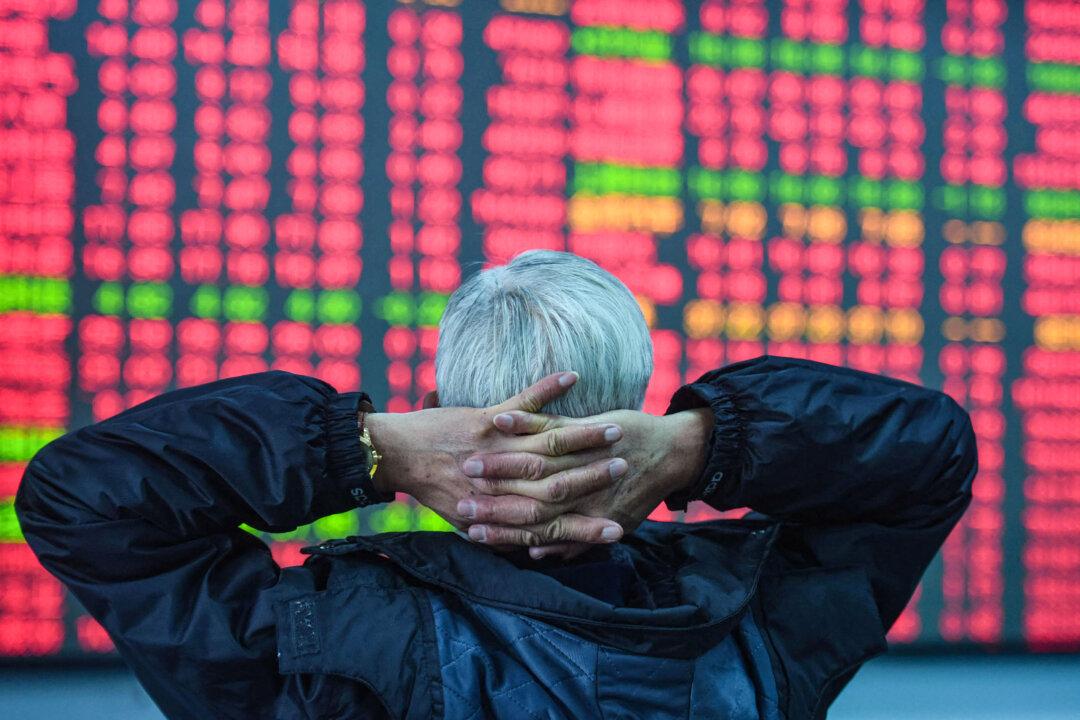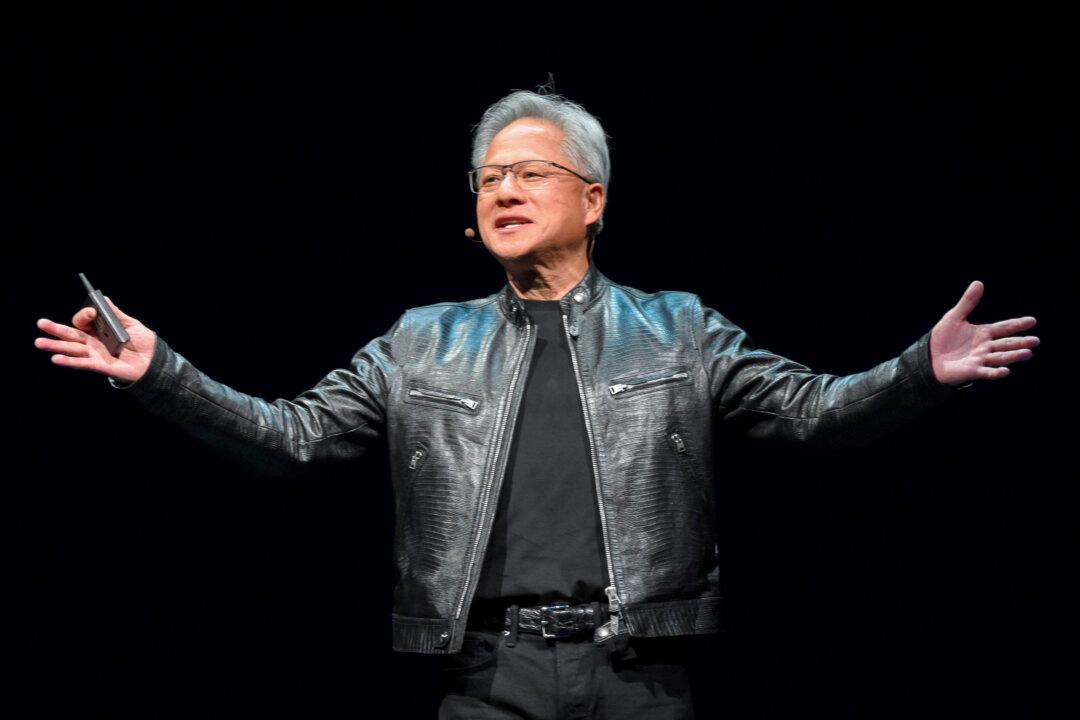As Chinese leader Xi Jinping’s sweeping anti-corruption campaign continues, the new year ushered in another wave of casualties in the financial sector. In January, more than a dozen financial executives fell from grace. Political analysts say the campaign is less about corruption and more about weakening the power of rival interest groups within the Chinese Communist Party (CCP).
A Jan. 25 release by China’s Discipline and Supervisory Commissions announced the latest executives to fall under suspicion: Wang Zhibin, president of the Industrial and Commercial Bank of Hubei, and Yu Zeshui, president of Shandong Development Bank.




